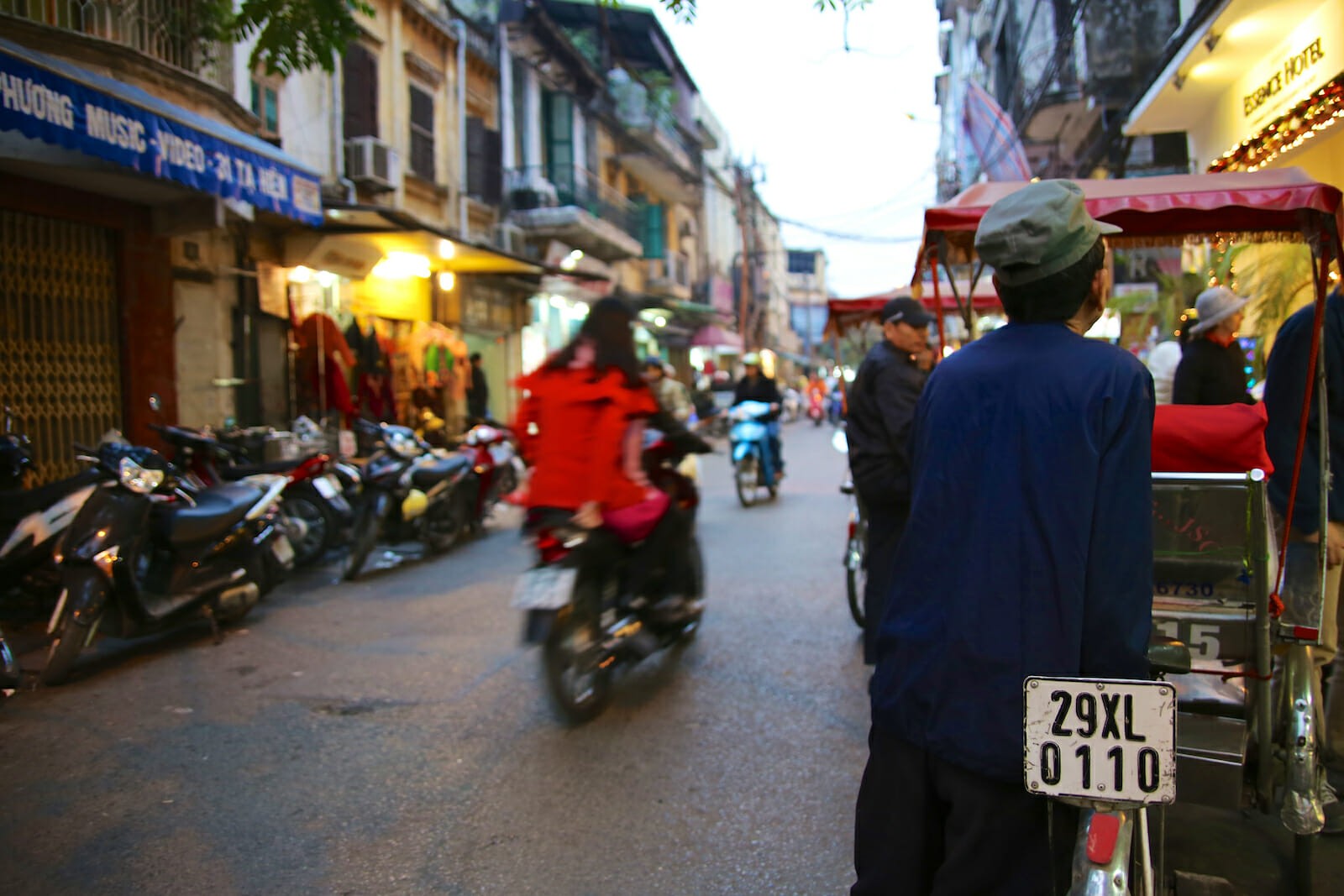
Politics
Payback is Due: Obama Should Visit Vietnam
In a month’s time, President Barack Obama will fly to the Philippines and Malaysia for the APEC (Asia-Pacific Economic Cooperation) and ASEAN (Association of Southeast Asian Nations) summits respectively, but his final travel plans have yet to be announced. As Obama’s visit to Southeast Asia this November is fast approaching, pressure is rightfully mounting that Vietnam should be added to his travel itinerary.
Following Communist Party Chief Nguyen Phu Trong’s landmark visit to Washington this past July, few would have expected for the U.S.-Vietnamese bilateral relationship to have warmed this dramatically since the normalization of relations just twenty years ago. In that meeting Obama pledged that he will visit Vietnam in the future, but the exact date is unclear.
Amidst an assertive China in disputed waters in the South China Sea and Vietnam’s party to the passing of the Trans-Pacific Partnership (TPP) which will arguably set future trade standards in the Asia-Pacific, it is in the U.S.’ strategic interests for Obama to touch down in Hanoi while he is visiting the region: Vietnam is due a visit by Obama.
China’s aggressive actions in the South China Sea have eroded trust with Vietnam and Southeast Asia as a whole, directly strengthening security cooperation with the U.S. Irritating Vietnam, just ahead of Trong’s visit to Washington, China redropped its oil rig in disputed waters in the South China Sea between Hanoi and Beijing. Vietnam has been inching closer in security ties to the U.S. following its Memorandum of Understanding for Advancing Bilateral Defense Cooperation negotiated in 2011, and the U.S.’ easing of a longtime ban on lethal arms sales to Vietnam in late 2014.
On the economic front, a visit by Obama would complement the recent passage of the TPP and confirm U.S. long-term trade and investment interests in the region. Vietnam is the largest exporting partner of the U.S. in all of Southeast Asia. Trade between both countries accounted for $29.4 billion in 2014 or 22 percent of all trade between the U.S. and ASEAN.
Vietnam’s economy has managed itself fairly well, reaching 6.81 percent GDP growth in the third quarter, while most ASEAN nations have been hit by economic headwinds stemming from a slowing China, the anticipated interest rate rise by the U.S., and domestic politics. In Thailand, the passing of its constitution was furthered delayed, worrying investors and human rights groups alike. Down south, the political turmoil in Malaysia is making its economic woes harder to fix, following substantial charges against millions of dollars in misuse of state funds by Malaysian Prime Minister Najib Razak. The scandal crossed borders as the FBI is probing Malaysia’s development fund 1MDB. Further, Indonesia turned inwards following a series of protectionist policies that contributed to its second quarter GDP growth of 4.67, its lowest in six years. Vietnam has been relatively immune to these issues, and its participation in the TPP will further its economic cooperation with the U.S.
Not only would a visit to Vietnam by Obama strengthen ties and bolster his legacy as a forward-looking president working to sustain American prominence well into the 21st century, it will signal to the region that the U.S.’ “Pivot to Asia” carries weight. Obama is entering his final year in office and has lit the torch, to be carried by the next incoming president for continuing the U.S.’ rebalance policy. A visit in November to Vietnam is instrumental to this strategic shift in both U.S. defense and economic strategies in the Asia-Pacific.

